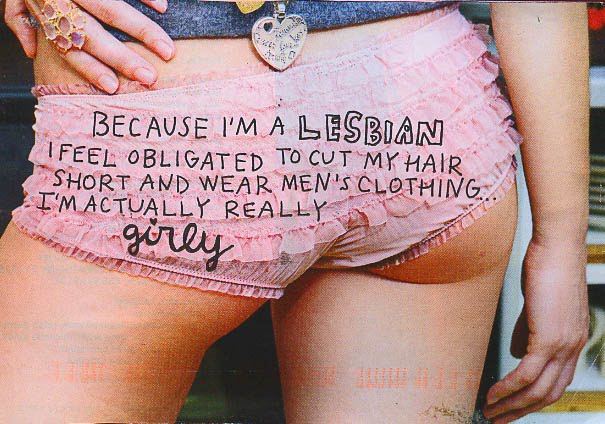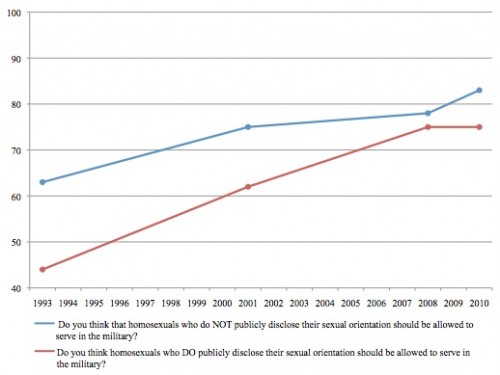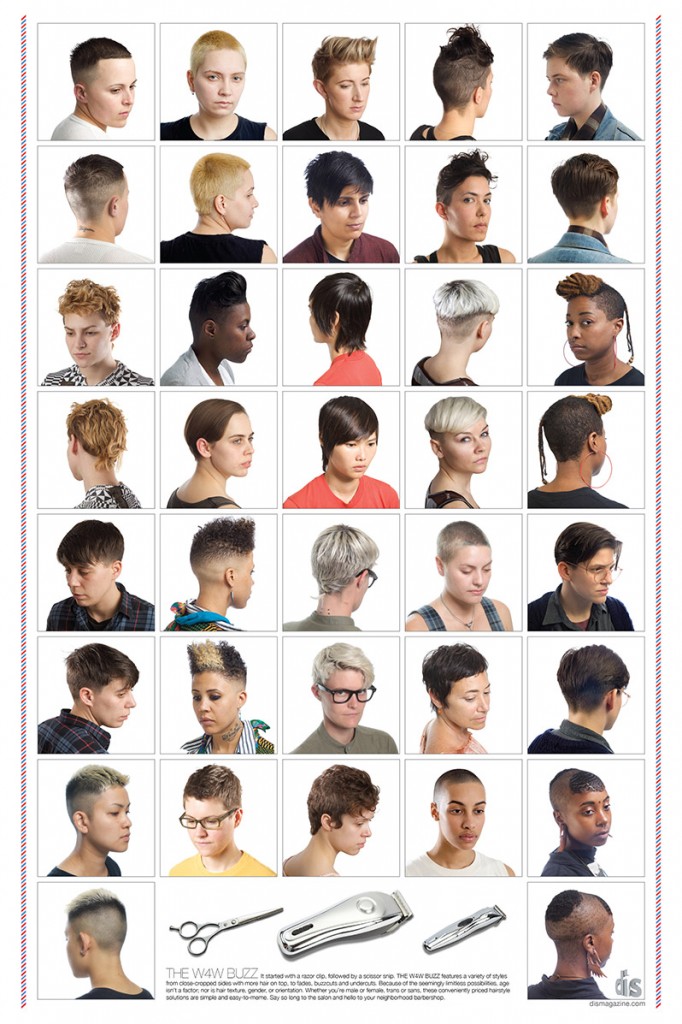
Hope H. sent a link to Riese’s excellent discussion of Jessie J’s new music video at Autostraddle. Jessie J is already a superstar, writing songs for the likes of Justin Timberlake, Chris Brown, and Christina Aguilera. But this is her first album where she writes for herself, and Riese describes the video for the song “Do It Like a Dude” as infused with “fuck you i’m fucking your face with my fucking song” energy. I can’t disagree.
The song asserts it’s title, suggesting that Jessie J is as much a man as any man, as a sample of the lyrics shows:
Boom Boom, pull me a beer
No pretty drinks, I’m a guy out here
Rollin’ rollin’ rollin’ rollin’ money like a pimp
My B I T C H’s on my d*ck like this
Riese asks:
…“Do It Like a Dude” is, on the surface, an anthem of independence — the only reaction Jessie J expects from your wannabe-boyfriend is his acknowledgment that lesbian sex doesn’t need him. But does singing that she can do “it” “like a dude” just play into the idea that a thing must be “male” to be valid? Or can “dude” be a term independent of its ascribed meaning — is she… employing “dude” as an adjective encompassing “male” traits like strength/power/aggression, freeing the term from its traditional application as a noun for “person with penis”?
That is, does valorizing masculinity in women liberate women? Or would it be better to try to elevate femininity to match our admiration of masculinity? And is it possible to liberate the word from its patriarchal trappings?
What say you?
Lisa Wade, PhD is an Associate Professor at Tulane University. She is the author of American Hookup, a book about college sexual culture; a textbook about gender; and a forthcoming introductory text: Terrible Magnificent Sociology. You can follow her on Twitter and Instagram.






